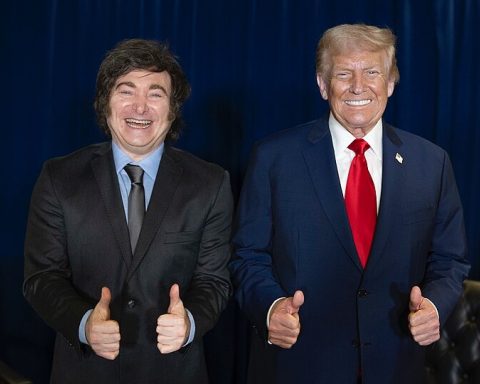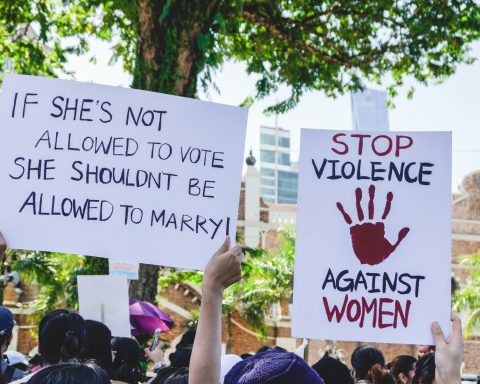South Africa faces growing calls for debanking reform as activists highlight unfair banking practices. Inspired by a US executive order signed on August 6, 2025, which targets account closures based on political or ideological grounds, campaigners are pushing for change. Consequently, South Africa debanking reform is gaining traction to address systemic financial issues.
Activist Campaign Fuels Momentum
A key activist movement is driving demands for South Africa debanking reform. For instance, campaigners argue banks often close accounts using vague reasons like reputational concerns, disproportionately affecting certain groups. Moreover, they see the US policy as a model for fairer banking practices, urging lawmakers to act quickly.
US Policy Sparks Local Action
The US executive order eliminates “reputational risk” as a justification for account closures. Therefore, activists in South Africa view this as a blueprint for reform. They demand transparent processes and an end to discriminatory practices, hoping to adopt a similar approach locally, aligning with South African debanking reform efforts.
Challenges in Banking Rules
Although South African regulations require banks to notify customers before closing accounts, enforcement remains weak. As a result, many customers, particularly from marginalized communities, struggle to challenge closures due to limited resources. Hence, activists emphasize the need for stronger oversight to ensure financial inclusion. This issue further underscores the need for reform of debanking in South Africa.
Roadmap for Reform
Proposed reforms include banning vague closure justifications, requiring individual assessments, and enhancing financial authority oversight. Furthermore, these changes could promote equitable banking access. With South Africa hosting the G20 Summit in 2025, the push for reform is timely, as global attention focuses on economic fairness. South Africa’s debanking reform initiatives align with these global calls.
Urgent Need for Change
South Africa debanking reform is critical for tackling financial inequalities. The US policy offers a clear example, and activists are calling for swift action. By adopting transparent banking practices, South Africa can build an inclusive economy. Therefore, lawmakers must prioritize these reforms to ensure fairness for all.






